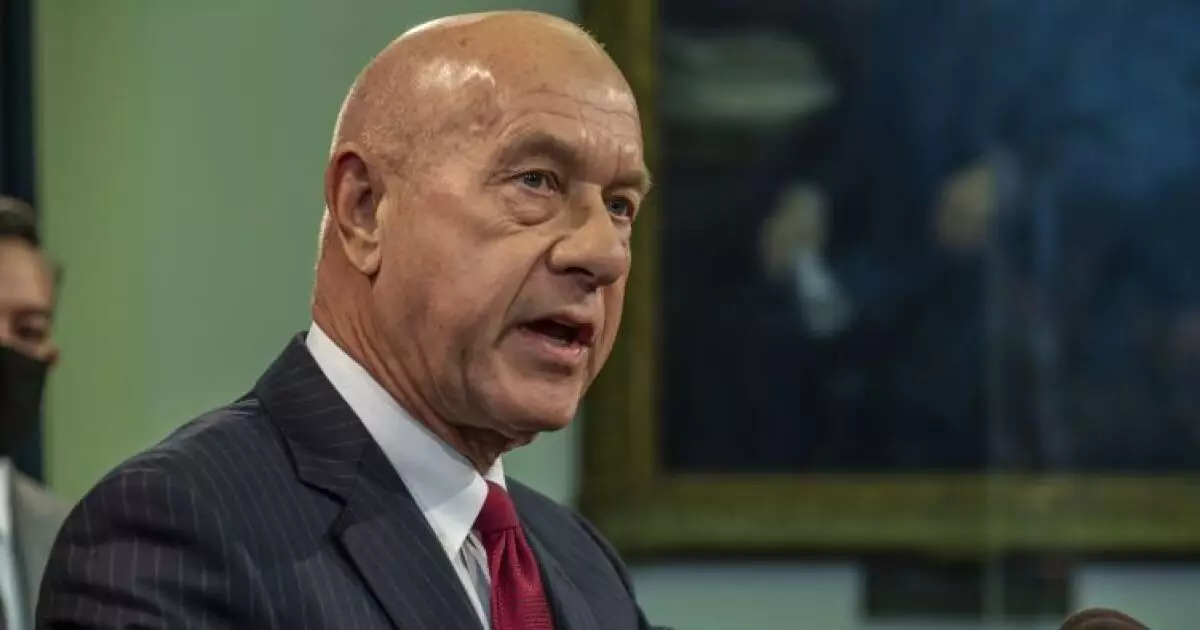Revolutionizing Houston’s Fiscal Future: The Path to Efficiency and Accountability

In a decisive move aimed at addressing serious fiscal challenges, Houston officials have introduced an ambitious roadmap to optimize operational efficiencies, accountability, and spending controls for the upcoming fiscal year 2026. Houston’s Mayor John Whitmire articulated the need for this initiative, emphasizing that the findings from an Ernst & Young efficiency study—commissioned to review the city’s financial practices—will be instrumental in fostering a culture of transparency and effectiveness.
As of July 1, the city began fiscal 2025 with a substantial $7.3 billion budget. Within this total, general fund expenditures amount to $3.03 billion. Notably, reserves have seen significant depletion and have been utilized to cover a structural budget deficit. Concerns regarding this deficit have led to negative outlooks from major rating agencies, including Fitch Ratings and S&P Global Ratings, as they downgraded Houston’s financial outlook due to reduced reserves. Meanwhile, Moody’s maintains a stable Aa3 rating, indicating some confidence in the city’s financial management.
A pivotal financial strain arises from a contentious settlement with the city’s firefighters, which imposes a $650 million bond-financed payment alongside a collective bargaining agreement that increases firefighter compensation substantially over the next five years. Coupled with ongoing negotiations with the police union, the city’s financial commitments are becoming increasingly complex.
Adding to these financial strains is the implications stemming from a 2019 court ruling regarding property tax allocations, mandating at least $100 million annually for drainage and road improvements. As Controller Chris Hollins has pointed out, a forthcoming $100 million payment looming on June 30 will drastically reduce the projected fund balance for fiscal 2025 from $350 million to just $250 million. This rapid decrease is anticipated to escalate the structural deficit to a staggering $300 million, raising serious alarms regarding the city’s financial viability.
In light of these pressing challenges, Mayor Whitmire expressed optimism that the efficiency study could yield spending cuts ranging from 5% to 15%. However, he cautioned that this improvement will not happen overnight; rather, it will require a systematic approach and sustained effort. The call for a proactive emergency task force, as renewed by Controller Hollins, underscores the city’s acknowledgement of its financial hurdles while seeking concrete strategies to mitigate waste and enhance service delivery.
In closing, Mayor Whitmire stressed the importance of public assistance in navigating these fiscal challenges. With a transparent approach to budgeting and a commitment to service efficiency, the city endeavors to not only stabilize its financial future but also to regain public trust and support. As Houston embarks on this critical journey, a united effort will be essential to steer the city toward a sustainable fiscal landscape. The stipulated improvements, if successful, could ultimately reinforce Houston’s infrastructure and service capabilities, ensuring a better quality of life for its residents while fostering economic resilience in the face of adversity.





